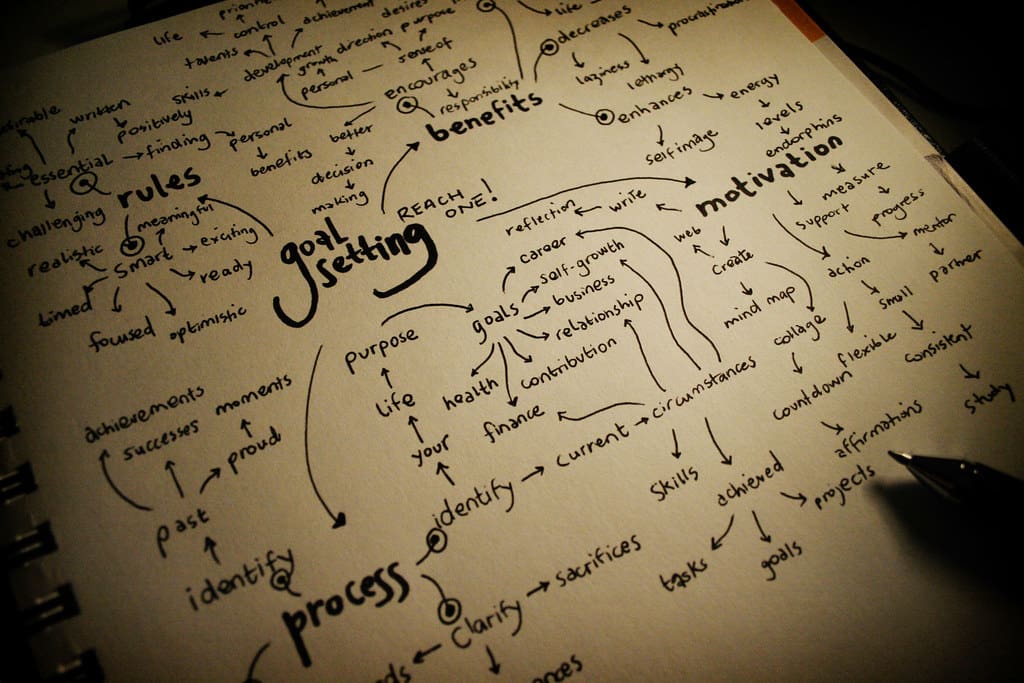Thinking about changing careers after 40? You’re not alone—not by a long shot. Whether you want more passion in your work or you’re just tired of the same old routine, here are 20 things to keep in mind before starting a new career adventure.
1. It’s Never Too Late

Let’s get one thing clear—it’s not “too late” to change your career. People are living longer and retiring later, which means more time to do something you truly enjoy. So take a deep breath, and remember this could be the start of something amazing.
2. Know What You Don’t Like About Your Current Job

Before you quit, take a good look at what’s making you unhappy. Is it the workload? The environment? The boss who schedules meetings at 4:30 on Fridays? Knowing what you don’t like will help you figure out what you want in your next job.
3. Figure Out What You’re Good At

You’ve undoubtedly gained many skills over the years, even if you don’t always feel like it. Think about what comes easy to you, and how those skills could be used in a new industry. Communication, leadership, and problem-solving might be exactly what a new employer is looking for.
4. Transferable Skills Are Your Best Friend

Not all skills are tied to one job or industry. Many skills you have now could be used in different roles—like project management, critical thinking, or even planning office offsites and parties. Highlight these skills on your resume when you make the move.
5. Do Your Research

Changing careers isn’t just about finding a new passion—it’s about finding a real way forward. Think about the new industry you’re interested in. Learn as much as you can about the job market, salary potential, and qualifications needed. The more you know, the better prepared you’ll be.
6. You Might Need Extra Education

Some new careers need extra training or certifications. And that’s ok. Think of it as an investment in yourself. There are many online courses and programs that can help you get the skills you need. No one’s asking you to go back to high school.
7. Your Network Can Help

Networking isn’t just for entry-level folks. Connect with people in the industry you’re interested in and ask questions. It doesn’t matter if it’s an old friend or a new contact, building relationships can lead to opportunities you never knew about.
8. Update Your Resume

Your resume will need an update. Focus on those transferable skills and cut down on parts that aren’t relevant to your new career path. Tailor your resume to show that you’re a great fit for the new job.
9. LinkedIn Is Important

Sorry to all the holdouts out there, but if you’re changing careers, LinkedIn will be really helpful. Update your profile, share interesting things about your new field, and connect with people you think could help you. A solid online presence shows employers you’re serious about your new path.
10. A Career Coach Can Be Helpful

If you’re feeling overwhelmed, a career coach is a fantastic resource. They can help you set goals, stay motivated, and navigate this big change—kind of like a personal trainer, but for your career.
11. It Might Take Time

Changing careers is a big move, and it probably won’t happen overnight. Be patient. Keep applying, keep learning, and stay positive. It might take a while, but it will be worth it.
12. Age Can Be an Advantage

In spite of what you’re thinking right now, being over 40 isn’t a disadvantage. Anyone who’s ever shared office space with an intern can tell you that experience matters! Employers value maturity, problem-solving skills, and the wisdom that comes from facing challenges. Use your experience to stand out.
13. You Might Have to Take a Pay Cut

Changing careers might mean taking a step back in pay—at least at first. Be ready for this and think about how to adjust your budget to make it work. Remember, being happy in daily life is worth more than your paycheck, no matter where you land.
14. Confidence Is Important

Changing careers can feel risky, and that’s okay. The key is to stay confident. You’ve overcome challenges and accomplished a lot in your life. Switching careers is just the newest exciting challenge to take on.
15. Take Small Steps

Don’t just jump into a new career without testing it out first. Try freelancing or part-time work in his new field to see if it’s a good fit. Taking small steps can make the change easier.
16. Be Ready to Learn

Your new career will probably have a learning curve. Embrace it—learning new things keeps your brain active. Don’t be afraid to ask questions and expect to make mistakes along the way.
17. Be Clear About Your Goals

Changing careers isn’t just about leaving a job you don’t like. Be clear about what you want to achieve—like a better work-life balance, more creativity, or more passion in your daily life.
18. Expect Some Doubters

Not everyone will understand why you want to change careers. People might question your choices, but it’s your life and your happiness that matter. If you wouldn’t ask their advice on other matters, don’t pay attention to their unsolicited advice. Surround yourself with people who support you.
Read More: 10 Ways to Reduce Your Monthly Utility Bills
19. Be Ready for Rejection

Let’s be real: you’re unlikely to land the first job you go after. Changing careers means you might face some rejection. Don’t let it get you down. Every “no” is a step closer to the right opportunity, and it only takes one “yes” to change everything.
Read More: How to Tell if You’re Ready to Buy a House (And How to Tell If You’re Not)
20. It’s Your Chance for Fulfillment

Most of all, remember that changing careers after 40 is a chance to find more fulfillment. Life is too short to stay in a job that makes you unhappy. Go after something that excites you—you deserve to love what you do.
Changing careers after 40 might feel like a big leap, but with a solid plan and a positive attitude, it can be one of the best decisions you ever make. Embrace the journey, stay determined, and get ready for the exciting new opportunities ahead!
Read More: Can Not Having Kids Make You a Happier Adult?








